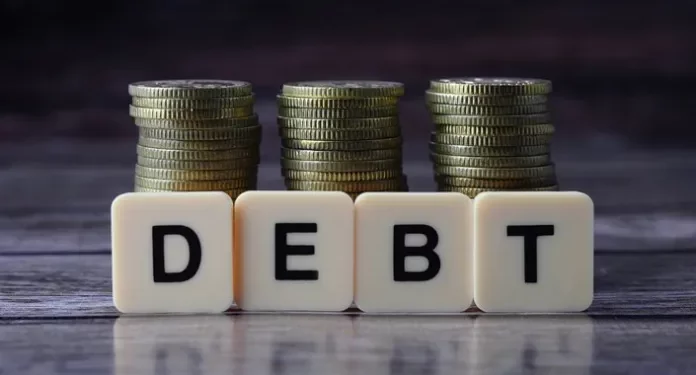Ghana to restructure GHS 123bn domestic debts to qualify for next $600m IMF tranche
In February, the country completed the first phase of its domestic debt exchange, with an impressive 85% of eligible bondholders participating. However, attention has now shifted towards securing new terms for the restructuring of the remaining debt by the end of June.
- Advertisement -
Ghana is in urgent need of securing new terms for an additional GHC123 billion (US$11.18 billion) domestic debt to fulfill the requirements for the next tranche ($600m) of the US$3 billion IMF loan, as the country grapples with its most severe economic crisis in decades.
To meet the deadline set by the International Monetary Fund (IMF), Ghana is focused on restructuring its domestic debt and engaging in negotiations with external creditors. The debt includes domestic dollar bonds, cocoa bills, pension funds, and amounts owed to the central bank.
- Advertisement -
In February, the country completed the first phase of its domestic debt exchange, with an impressive 85% of eligible bondholders participating. However, attention has now shifted towards securing new terms for the restructuring of the remaining debt by the end of June.
- Advertisement -
Meanwhile, the Government has reached an agreement with banks to restructure GHC15 billion (US$1.36 billion) worth of locally issued US dollar bonds and cocoa bills. Sources within the finance ministry and a bank holding some of the bonds revealed that the government and lenders have agreed to convert GHC6.9 billion of domestic US dollar bonds into two term loans at lower interest rates.
- Advertisement -
Additionally, GHC8.1 billion worth of cocoa bills will be transformed into a new bond carrying a yield of 12%. However, some banks are reportedly holding out for a 13% yield, indicating ongoing negotiations. It is worth noting that the most recent cocoa bill issued in February 2023 bore a significant yield of 32.22%.
The restructuring agreements with both local and external creditors are crucial steps for Ghana to stabilize its economy and secure the next tranche of the IMF loan. The government is navigating challenging negotiations to find mutually acceptable terms that address its debt burden while ensuring the sustainability of its financial situation.
Successfully obtaining new terms for the debt restructuring will be instrumental in Ghana’s efforts to alleviate its economic crisis and pave the way for much-needed financial stability and recovery.
Source: Norvanreports
- Advertisement -


